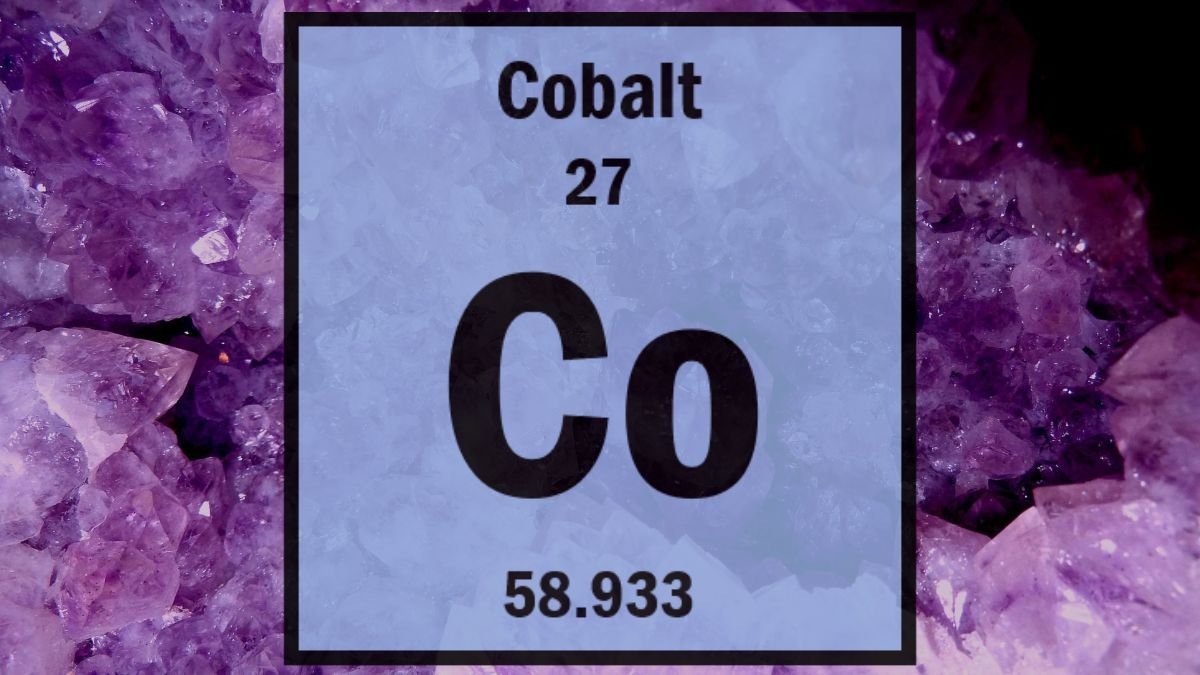Cobalt (Co): Benefits, Deficiency, Toxicity

Cobalt is essential to humans as an integral part of vitamin B12. Human vitamin B12 requirements are met by the diet. Cobalt is found in most foods and is easily absorbed by the gastrointestinal tract.
Exposure to cobalt or inhalation of cobalt dust in industrial workers can cause allergic dermatitis, asthma and lung symptoms.
Toxic effects of cobalt include thyroid hyperplasia, myxedema, cardiomyopathy, polycythemia.
Cobalt is used by humans as a component of vitamin B12, which is synthesised by bacteria in the large intestine or ingested ready-made. In this form it is used to activate certain enzymes and for the production of red blood cells. Humans ingest cobalt, which they need mainly from animal tissues, especially the liver and kidneys.
The amount of cobalt present in the human body is only 1.1 milligrams. It is found in the muscles, bones, liver and kidneys. In the blood, it is mainly found in red blood cells and less in serum. The World Health Organization (WHO) recommends 1 millionth of a gram of cobalt (absorbable) per day.
Cobalt Benefits
👉 70%-100% of Cobalt is absorbed by the body, the rest is eliminated by the kidneys.
Cobalt Deficiency
Lack of vitamin B12 causes malignant anemia in humans. (Unfortunately it cannot be treated by taking cobalt).
Oral administration of cobalt is not toxic and the kidneys are the main organ of excretion of cobalt.
🤔 DID YOU KNOW
In the past, small quantities of certain cobalt compounds were added to beer to improve the quality of the foam it forms. Now they have stopped, because they fear that this addition leads to toxic effects. The inorganic compounds of cobalt are not very toxic, but they weaken the action of the thyroid.
Cobalt Toxicity
Excess cobalt causes polycythemia [source]. This excess cobalt was not observed with an increased dose of vitamin B12 , because cobalt is strongly bound to its molecule.
But the most serious abnormality that cobalt compounds can cause is heart disease, a weakening of the heart due to an increased amount of glycogen. Because, it has been shown that cobalt interferes with glycogen catabolism [source].
👉 Cobalt is found in nuts, vegetables, cereals and liver. It is very important to note that cobalt containing vitamin B12 is only obtained from animal foods.
Foods Rich in Cobalt
Foods rich in cobalt are beef liver, turkey, salmon, cheese, wheat, rye, barley, barley, oats, nuts, peanuts, pears, cabbage and others.
